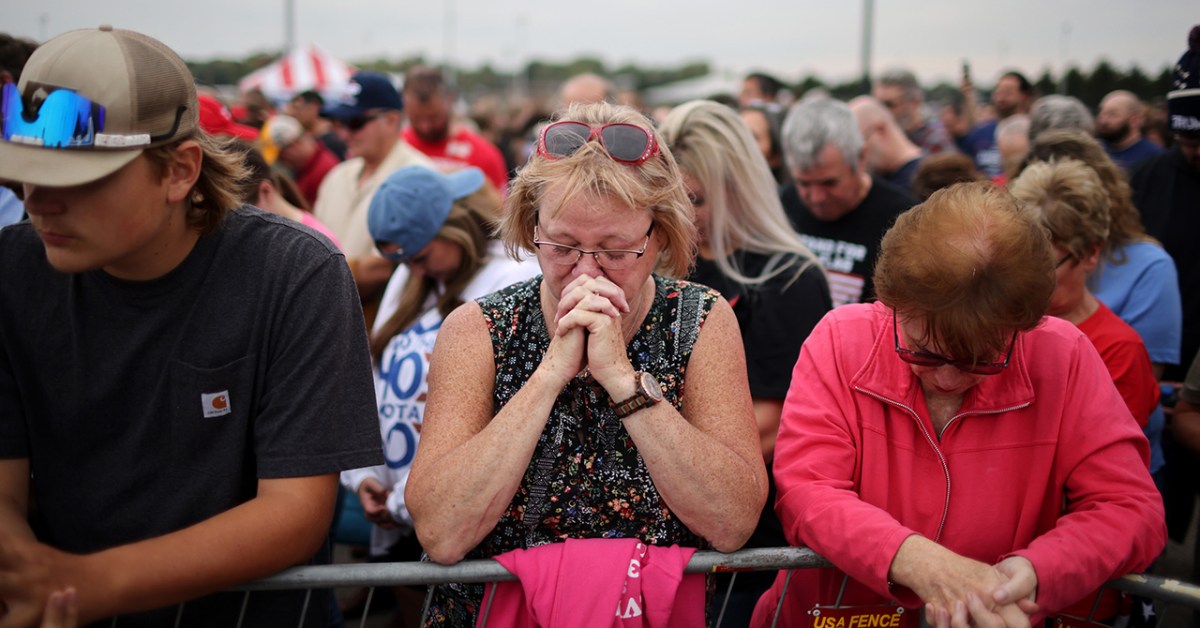Trump's Loyal Base: Why White Evangelicals Remain Unwavering in Their Support

In a striking display of political allegiance, White evangelical Christians continue to stand firmly behind President Donald Trump, with an overwhelming 72% expressing approval of his presidential performance. This unwavering support stands in sharp contrast to the more nuanced and divided perspectives observed among other religious groups across the United States.
While White evangelicals remain a bastion of Trump's base, other religious communities demonstrate a more complex and varied response to the president's leadership. Some groups show moderate support, while others have increasingly distanced themselves from the administration's policies and approach.
The persistent backing from White evangelicals highlights the deep ideological and cultural connections between this religious demographic and the current presidential administration, underscoring the significant role that religious identity continues to play in shaping political attitudes and allegiances in contemporary American politics.
